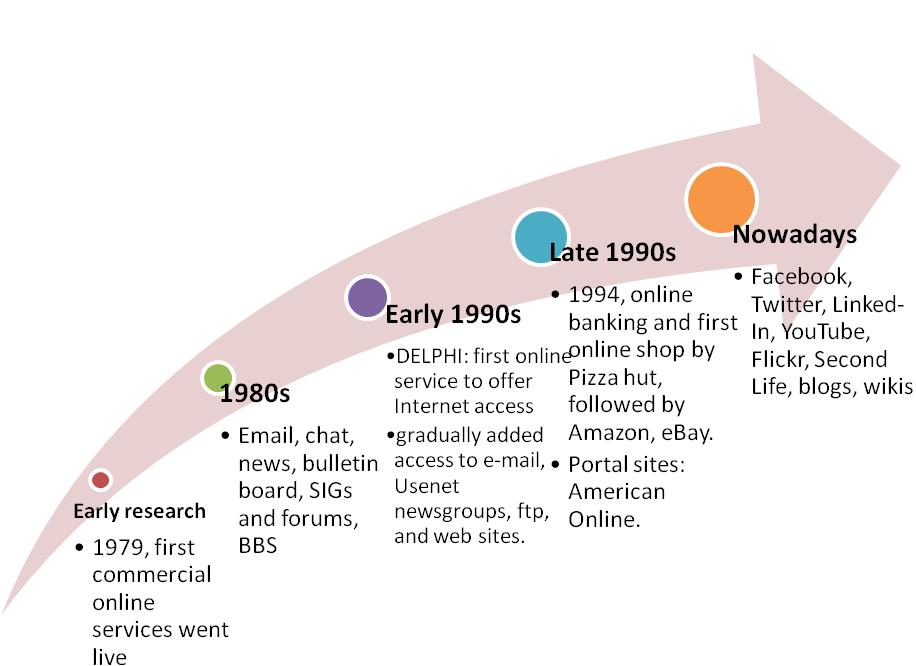Owning a business in the cloud comes with a lot of perks. You are no longer chained to an office, restaurant or warehouse, but can run your company from the comfort of your home, on the beach or even in the middle of the ocean. However, when you buy a business that exists primarily online, you need to really do your homework.
Online business transactions have experienced a dynamic shift the past few years with laws governing e-commerce being updated everyday. This has necessitated thoses who want to do business online to be privy of the law lest, they find themselves in a courtroom being charged with trademark or other issues. Legal problems when buying an online business can lead to paying hefty amounts of money and incurring preventable losses for your business and even closing shop. Remember, ignorance is no defense when it comes to the law. Therefore, you must understand the ABC’s of purchasing an online business (or any business for that matter) for you to be on the safer side of the law.
There are several fundamental factors that you must always have in mind when buying an online business. Some of these might look trivial but can eventually cost you a fortune. The must-consider factors include;
· Investigating the credit card processing to ensure that you can easily transact business without any complications. If it’s Paypal or something similar then it’s a fairly easy transition. Other than this exception, you need to be sure it’s a smooth transition should you buy the business.
· Review the site programming by calling in an expert to ensure that everything works correctly. Is there any proprietary code that will keep you tied to the previous owner? Does any of the code used in the site need licensing? If you don’t continue using scripts in the site, will it cease to function the way you purchased it?
· Confirm ownership on Whois.sc and obtain a list of individuals who have access to passwords.
· Evaluate marketing strategies and know how they get their lists in case of e-mail marketing. Does their marketing list transfer to you? Will they have access to it? How will you ensure that they do not continue to market to their list? Get it in writing that they will not, so you have recourse if it is found that they have violated the agreement.
· Insist the seller sign a non-compete clause. Again, they could be flipping the business only to build it up again and end up competing with you.
· Be sure you can legally run the type of business you are buying. For example, it is very difficult (if not illegal in most parts of the world) to run an online pharmaceutical company or gambling site. There also may be governmental restrictions on selling guns and other tactical merchandise. Be in the know before you invest.
· Analyze your competition over a period of time and demand seller analytics as provided by Google. If they don’t have them reconsider the deal.
· Always ensure that the content used is original to avoid copyright infringement suits. There are many websites online that check for plagiarism, be sure to run it through at least two of them.
Legal pitfalls occur when #buying a business due to negligence and lack of adequate knowledge during the purchase process. Another big legal threat are trademark issues.
Defining trademark issues in eCommerce
You can lose your business due to trademark issues with a stroke of a judge’s pen. This means that before you buy a business, research its trademark to determine its validity and if it will transfer to you. Not clearing up trademark issues is a legal pitfall that can cost you a fortune in the long run. The following are some things to look for when researching a company’s trademark, if they even have one.
· -Your domain name can be registered as a trademark. However, it must be more than just an internet address. It should explicitly describe what you are selling online.
· -Simply because you are first to register a domain name does not necessarily mean that you will be able to trademark the name.
· -You must always register your mark in order to protect it and you enjoy the benefits associated with it. It does not happen automatically.
· -Have you considered what is going on in the guts of the site? The parts that the public will not see? There are many types of meta-tags used on websites that help in website visibility such as the author meta-tag, keyword meta-tag, description meta-tag, and copyright meta-tag amongst others. In the event a a meta-tag diverts traffic from any website owned by a registered trademark, you are putting your site at risk for a lawsuit. Be sure to study (or have someone check) all the site’s meta-tags.
It is important to note that trademark issues can be classified under three main categories which explicitly indicate the gravity of each particular case. These are Cybersquatting which is basically knowingly registering someone’s trademark and using it as a domain name. The second but equally important is Cyberjacking, which is the use of a name that is similar in one way or another with a popular or known trademark. The third is Typosquatting which of course refers to when you register misspelled trademarks of other parties in business-especially third party trademarks. You do not want to be associated with any of these. Be sure that the seller does not have any of the aforementioned websites that will transfer to you when you purchase the business. Get it in writing exactly what you are buying.
Legal pitfalls when buying a business are not just limited to trademark issues. Potential buyers also need to be concerned with clickware, linking and framing. Also to be considered are contracts, consumer protection laws, privacy, taxation as well as jurisdiction. If you are buying an ecommerce store, are there any pending legal or consumer issues with any of the products? You want to be sure you do not inherit any legal problems.
Different businesses will have different legal requirements depending on where the business is based. For example, the legalities of a Business to Business (#B2B) site will vary greatly from those of Business to Consumer (B2C) websites.
Lastly, do not purchase the business in your personal name, register a company and buy the business (minimally) under an LLC.
If possible, it’s always wise to solicit the advice of an attorney when in doubt.
Take your time to verify any documentation and do everything within the periphery of the law.
If you are interested in buying a business “in the cloud” and all the benefits of doing so, check out my book on Amazon below.
The Virtual Economy by John Higginbotham
Discover more from JohnHigginbotham.com
Subscribe to get the latest posts sent to your email.





Enjoyed this article. Really helpful information.